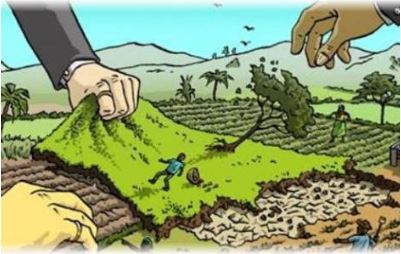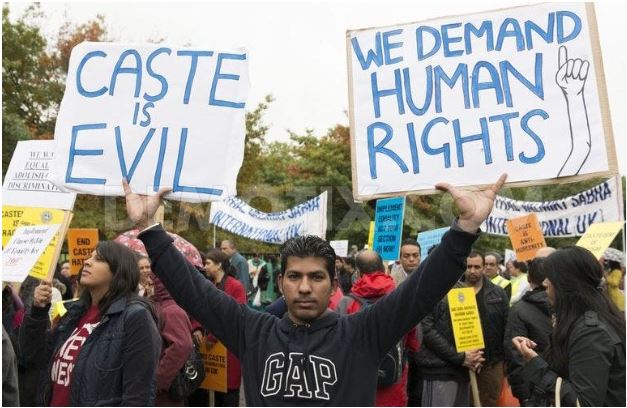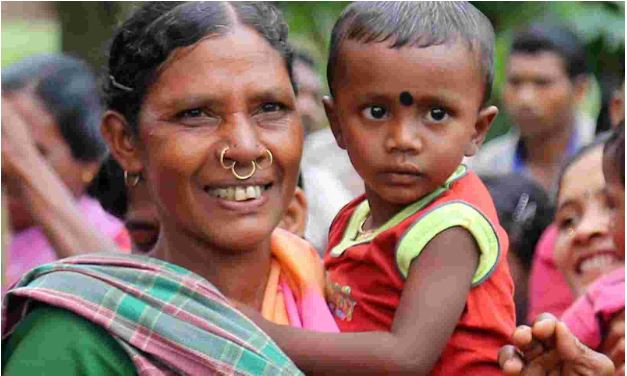INTRODUCTION
India, known for its diverse population and rich cultural heritage, is home to numerous indigenous tribes. These communities, referred to as Scheduled Indigenous Tribes or Scheduled Tribes (STs), possess a distinct identity deeply rooted in the country’s history. Despite constitutional safeguards and efforts towards inclusivity, scheduled indigenous tribes in India continue to grapple with discrimination.
In a recent case in Madhya Pradesh, an influential person from the upper caste peed on a man belonging to a scheduled tribe. The act came across as not just unconstitutional but as extremely inhumane as well. This depicts the level of discrimination scheduled tribes continue to face in India today.
HISTORICAL BACKGROUND
To comprehend the present-day discrimination faced by scheduled indigenous tribes, it is essential to acknowledge the historical context. Centuries of colonization and marginalization have significantly impacted these communities, resulting in the erosion of their ancestral lands, cultural heritage, and livelihoods. They have endured dispossession, forced displacement, and cultural assimilation, leading to long-lasting consequences.
SOCIO-ECONOMIC DISPARITIES
Scheduled tribes in India experience profound socioeconomic disparities. According to the 2011 Census, the literacy rate among STs stands at 59.1%, significantly lower than the national average of 73%. Furthermore, approximately 45.3% of these communities live below the poverty line, highlighting a cycle of deprivation that restricts their access to education, healthcare, and employment opportunities.
LAND RIGHTS AND DISPLACEMENT
Scheduled indigenous tribes often find themselves at the forefront of conflicts related to land rights. Historically, their ancestral lands have faced encroachment by governments, private entities, and other communities. Many tribal communities continue to confront the threat of forced eviction for developmental projects like dams, mining, and industrial expansion. These actions not only undermine their economic stability but also disrupt their cultural practices and traditional way of life. This further escalates the level of discrimination against them on the mainland.

LIMITED POLITICAL REPRESENTATION
Despite constitutional provisions guaranteeing representation, scheduled tribes remain underrepresented in political bodies. The reservation system for Scheduled Tribes (ST) in legislative assemblies and parliament aims to ensure their inclusion; however, its effectiveness is often hindered. As of 2021, out of the 543 seats in the Lok Sabha (Lower House of Parliament), only 47 are reserved for ST candidates. This inadequate political representation diminishes their ability to advocate for their rights and influence policymaking.
VIOLENCE AND DISCRIMINATION
Scheduled indigenous tribes frequently face violence and discrimination. They encounter social exclusion, prejudice, and caste-based discrimination, particularly in rural areas. Incidents of harassment, abuse, and land-related conflicts are prevalent, often going unaddressed due to insufficient legal protection and systemic biases. This perpetuates a cycle of vulnerability and marginalization.
INADEQUATE HEALTHCARE AND EDUCATION
Access to quality healthcare and education is critical for the holistic development and well-being of any community. Unfortunately, scheduled indigenous tribes in India face numerous challenges in this regard. Remote locations, lack of infrastructure, and cultural barriers contribute to inadequate healthcare facilities. Similarly, the limited availability of schools trained teachers, and cultural insensitivity hinder their access to quality education.
GENDER DISPARITIES
Scheduled tribes’ women face compounded discrimination due to their gender and indigenous identity. They confront challenges such as limited economic opportunities, restricted decision-making power, and higher rates of violence and exploitation. Despite constitutional provisions aimed at uplifting women, the intersectionality of their identities often remains overlooked, perpetuating gender inequalities.

CONCLUSION
The persistent discrimination against scheduled indigenous tribes in India underscores the urgent need for sustained efforts in implementing inclusive policies, social reforms, and awareness campaigns. Addressing land rights, education, healthcare, political representation, and prejudices are crucial areas that demand attention. Empowering these communities through proactive measures can foster equitable development and preserve their cultural heritage. To establish a truly inclusive society, it is imperative to recognize and address the historical injustices and systemic barriers faced by scheduled indigenous tribes in India.
By acknowledging their contributions, safeguarding their rights, and nurturing their cultural heritage, India can embark on a transformative journey towards inclusive growth and social justice for all its citizens.
-BHAWINI SRIVASTAVA
MUST READ: THE INFLUENTIAL POWER OF MEDIA IN SHAPING PUBLIC OPINION AND PUBLIC DISCOURSE


